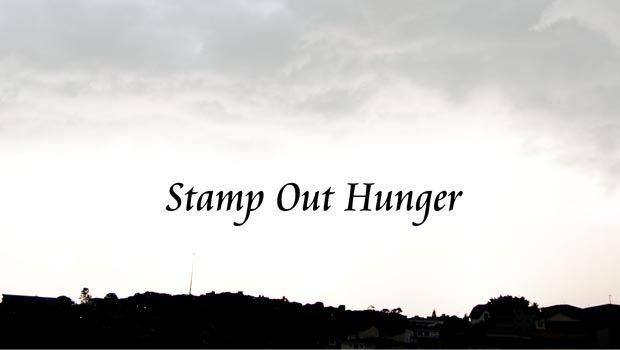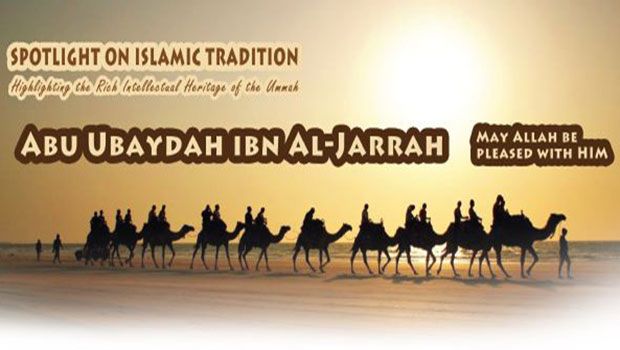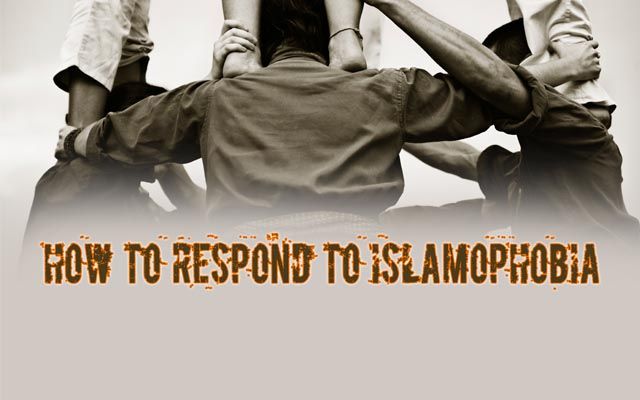Amongst the most basic needs of human existence is sustenance. God talks about this in different places in the Qur’an, emphasizing that all people must eat and drink and that even the Messengers, who were sent by Him to mankind, ate and drank (Qur’an 5:75). God also mentions in various places in the Qur’an that He has provided for mankind sustenance from various sources and that His generosity is abundant (Qur’an 11:6). Nonetheless, we still see much hunger, and even starvation, around the world. In fact, roughly a quarter of children worldwide are stunted mentally and physically because of malnutrition. In some countries such as Burundi, Somalia, and Niger this rate is over 30 percent; and in Bangladesh it is an appalling 41 percent while in India this rate reaches as high as 48 percent of all children in that country. When we consider these statistics in light of the Qur’anic verses, we know that we are not talking about a material crisis; rather we are talking about a moral crisis.
Sometimes Muslims living in the U.S. think that poverty and hunger are problems that only affect other areas of the world but are not local issues. This is an incorrect understanding
In many different places and in many different ways in the Qur’an, God addresses the urgency of feeding the poor. It says multiple times that feeding the poor is an evidence of true belief (Qur’an 90:14, 89:18, 107:3). It talks about feeding the poor as expiation for certain misdeeds (Qur’an 58:4, 2:184). These verses put extra emphasis on the importance of this issue and show that it is foundational in the development and realization of faith, a part of which is to acknowledge the needs of our brothers and sisters. These verses also apply to all of mankind and not to needy Muslims only.
When Prophet Muhammad (peace be upon him) first received the revelation, he was in a state of bewilderment. He ran home to his wife and told her to cover him up and explained what had happened to him. Her response was quick and measured, “Allah will never disgrace you. You unite family relations, you bear the burden of the weak, you help the poor and the needy, you entertain the guests and endure hardships in the path of truthfulness.” This was the way that she described her blessed husband, and one of these descriptions was that he helped the poor and the needy.
When some of the Muslims fled to Abyssinia to escape the discrimination they were facing, they sought refuge under a just king who asked them what their message was about. In explaining the message of Islam, one of the things mentioned was the rights of the poor and the obligation to provide for the needy by giving in charity.
Sometimes Muslims living in the U.S. think that poverty and hunger are problems that only affect other areas of the world but are not local issues. This is an incorrect understanding. If we take California as an example, especially considering that it is generally considered a wealthier state, we see some interesting figures. Almost 23 percent of children in California are living in poverty. Roughly 16 percent of households are suffering food insecurity, meaning they have difficulty procuring enough to eat. Almost 47 million Americans (nearly 15 percent of the population) rely on government support through the Supplemental Nutrition Assistance Program (SNAP, commonly known as food stamps) in order to fulfill their basic nutritional needs. Almost 60 percent of students in schools across America receive free lunches in order to supplement the limited food available at home. All of these figures show that hunger is a serious issue not only worldwide, but here in the United States. So what can we do?
In response to that crucial question, we are starting a local campaign in the near future which we hope will be picked up by communities nationwide. Basically, we are calling on people to realize the plight of those who go hungry every day. In this campaign to Stamp Out Hunger, we are asking people to take a “food stamp challenge.” During this challenge, participants will limit their daily spending on food to what they would be able to purchase if they were on food stamps. This means no fast food, no prepared food, and no more than four dollars per day for the 12 days of the challenge. We hope that communities all over the country will hold locally organized and hosted town halls on hunger and poverty at the end of the 12-day “food stamp challenge.” Throughout the campaign, we ask our brothers and sisters to share their experiences and stories on Facebook and Twitter (@stamphunger). We hope that this brief, voluntary deprivation will help us build empathy for those that are suffering from hunger. We also hope that it will help initiate discussions about our role as people of faith in dealing with these issues, and how our choices impact the world around us.






